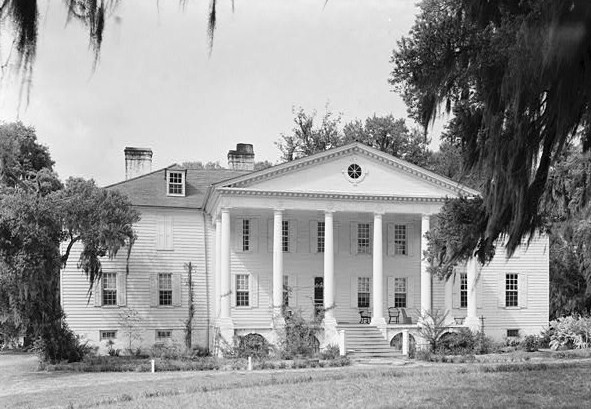Living in a historic home on the downtown peninsula is one thing, but what about those who prefer a more bucolic existence? The current state of the economy and real estate market has opened up opportunities to own sprawling, historic plantation estates on large-acreage parcels throughout the Charleston/Lowcountry area. These plantations represent the first industries in colonized America, often the places where cotton, rice, indigo and other important crops and livestock were raised. They feature massive main houses, guesthouses, servant quarters, formal gardens, stables and other structures required to supplement these once working plantations — everything from kitchens, mills and equipment-storage sheds to jail buildings, churches and boat landings.
After the Civil War, upkeep of these Deep South plantation estates became nearly impossible without the labor of enslaved Africans, and they often fell into disrepair and default. Wealthy Northerners frequently purchased these plantations and converted them to hunting lodges. Today, many historic plantations in South Carolina are used for hunting, timbering and other commercial enterprises, such as bed and breakfasts.
